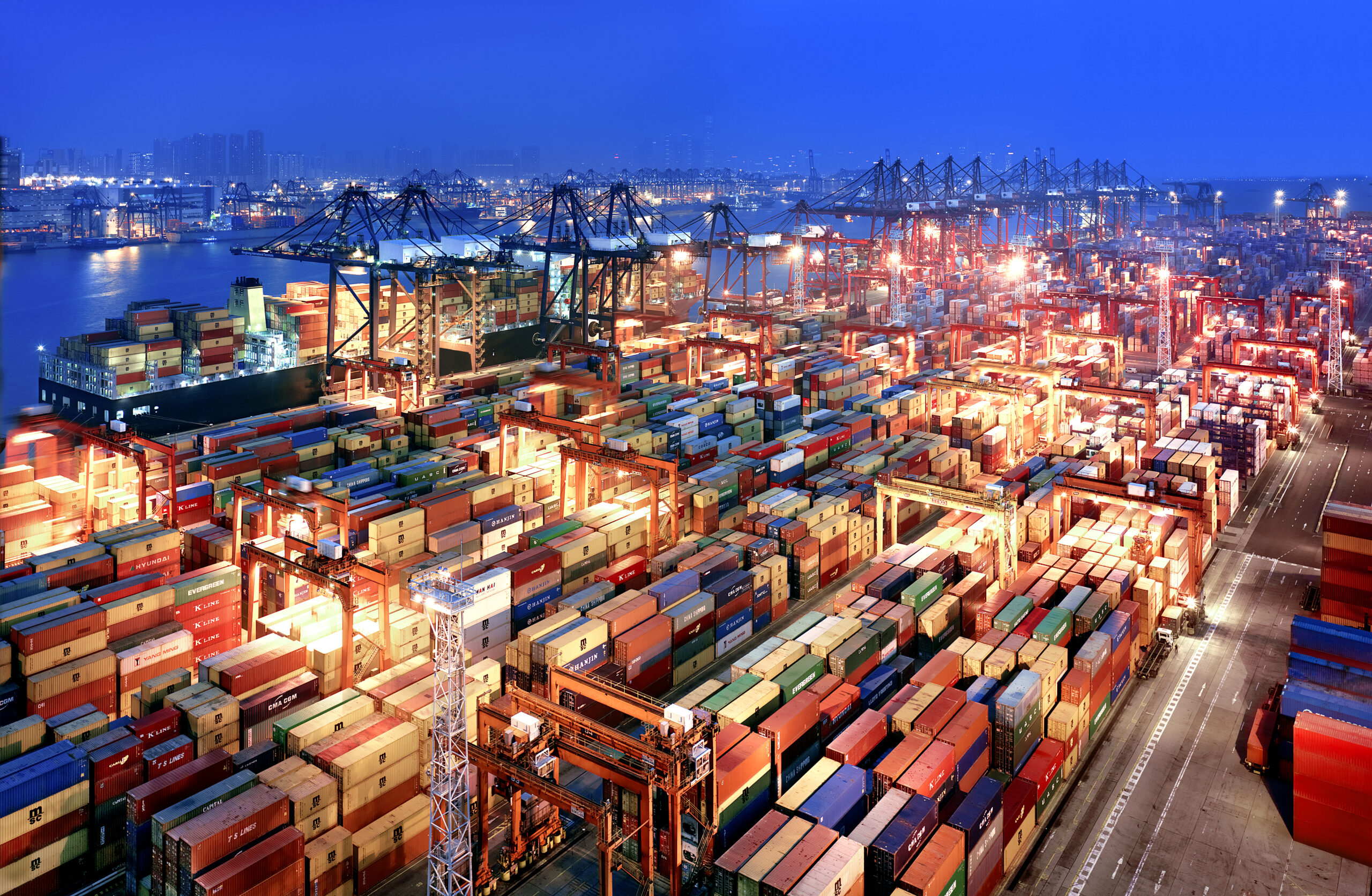As multinationals look to diversify their supply chains to avoid a repetition of the disruption they experienced during the pandemic, they are facing a further set of challenges.
Regulators and investors are putting pressure on boards to ensure that new and existing suppliers, often spread across multiple jurisdictions, conform to ESG standards.
Once largely voluntary, compliance is becoming obligatory in many parts of the world – the US and several other countries already have supply chain due diligence legislation in place. America last year passed the Uyghur Forced Labor Prevention Act with the New York State Fashion Sustainability and Social Accountability Act in the pipeline. Other authorities, notably the European Union, are planning such laws. For corporates, the reputational and financial costs of not complying will only mount.
Getting suppliers to sign codes of conduct may have been sufficient in the past. No more. Regulators are requiring multinationals to report on the due diligence they have conducted to ensure that sourcing companies across all tiers of their entire supply chains are sustainable or, at a minimum, taking active steps to be so.
For many boards, this will be a huge undertaking, not least because reporting will have to be carried out on a regular basis, not just at the beginning of a business relationship.




